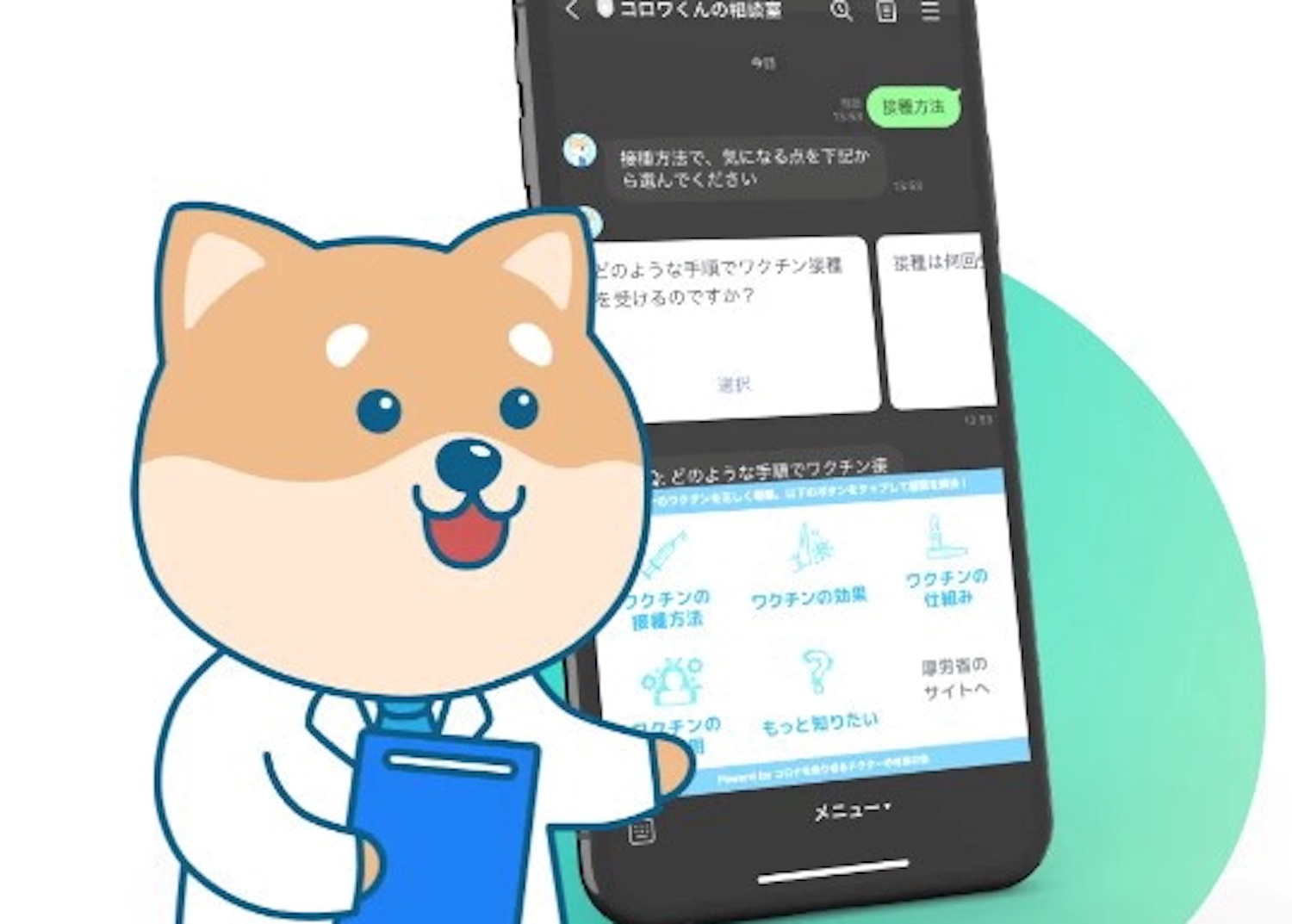
TOKYO: A Japanese panel has approved the Pfizer-BioNTech coronavirus vaccine for emergency use, paving the way for the country to launch an inoculation effort that has faced criticism for being one of the last among developed countries.
The Pharmaceutical Affairs and Food Sanitation Council at the Ministry of Health announced its decision late Friday. Formal notice of the first approved vaccine in Japan could come as early as Sunday, Health Minister Norihisa Tamura told reporters.
Prime Minister Yoshihide Suga said vaccinations would start from the middle of next week. Japan received its first shipment of the Pfizer jabs on Friday, according to domestic media reports.
The Japanese government has agreed with Pfizer and BioNTech for a supply of 144 million doses of the vaccine, enough for 72 million people, by the end of 2021. The shot has already been approved for emergency use in places across the globe, from the US to the European Union.
Japan also has an order for 120 million doses of the Oxford-AstraZeneca vaccine, and an agreement for 50 million doses of another one made by US-based Moderna. AstraZeneca filed for approval in Japan earlier this month. Both have already received emergency approval in several other countries.
The approval process comes as Japan is in the midst of an extended second state of emergency for much of its urban areas, as the country was hit by a winter surge of cases at the end of last year. The emergency measures appear to have begun to pay off, as new daily case numbers have halved compared to a few weeks ago.
Still, Economy Minister Yasutoshi Nishimura said on Friday it would be necessary to maintain the state of emergency, as the medical system is still under strain and the number of elderly people with infections isn’t dropping.
Despite the winter flare-up, Japan has fared better than most developed nations, which is part of the reason the country has taken a slower approach in implementing its vaccine campaign.
Japan has reported a total of about 412,000 infections since the beginning of the pandemic, close to what the US was seeing in a single day at the peak of the latest wave, which has now subsided to around 100,000 cases daily.
Tamura acknowledged Japan’s vaccination effort has lagged behind other countries. He added that the slower spread of the virus also limited Japan when it came to vaccine trials, and that it was important to have local trials to confirm safety.
“If you look at Pfizer’s various trials, there were only a small percentage of Asians,” he said.
Several places in the Asia Pacific region that have taken a lighter hit from the pandemic, like South Korea, Australia and Hong Kong, have also yet to start vaccinations.
Japan is aiming to inoculate as many of its citizens as possible by the time the Tokyo Olympics are scheduled to begin this summer, with one report in January saying the country seeks to vaccinate the majority of its population by July — a highly ambitious undertaking. A spokesman said at the time that the government couldn’t announce a schedule before the country had approved a vaccine.
The inoculation drive will start with a group of about 20,000 healthcare workers, who will be observed over the course of their two shots and after, before being expanded, according to the health ministry. The elderly are also being prioritised, with vaccinations for those over the age of 65 set to start as early as April.
